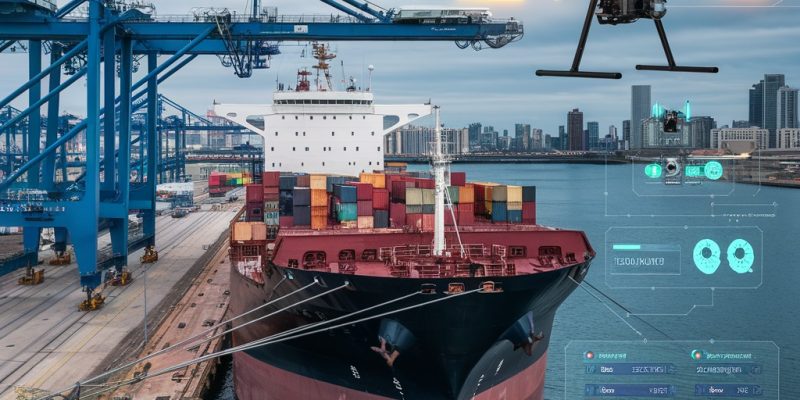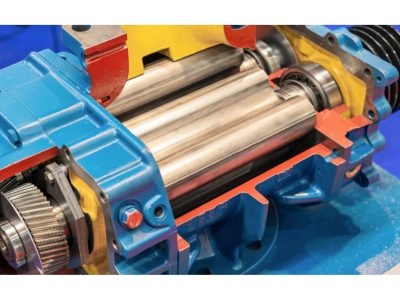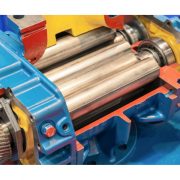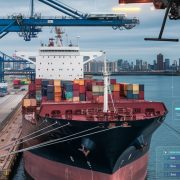Despite being vital hubs in the global supply system, ports frequently struggle with issues including traffic, lengthy wait times, and ineffective cargo handling. By automating yard planning, inventory control, and container tracking, smart shipping container softwares help to streamline these processes. These systems facilitate real-time coordination and decision-making by combining data from logistics partners, shipping lines, and terminal equipment. Better utilization of port infrastructure, shorter idle times, and more efficient workflows are the outcomes.
Optimized Scheduling for Faster Turnaround
The capacity of intelligent container management software to improve scheduling accuracy is one of its main benefits. Particularly in high-volume terminals, manually arranging the loading and unloading of containers can be laborious and error-prone. Software systems can more effectively distribute labor, equipment, and storage space with automated scheduling functions. Algorithms optimize loading sequences and minimize bottlenecks by taking into account yard capacity, berth availability, and vessel arrival times. Ships, trucks, and rail transporters can turn around more quickly as a result of the shorter vessel stay time.
Enhancing Container Flow across Terminals
Retaining terminal productivity requires an efficient container flow. Dynamic yard management capabilities that monitor container locations, rank high-turnover units, and facilitate clever stacking and retrieval tactics are provided by smart container management software. These systems assign ideal storage sites and forecast container movement patterns using data analytics. Terminals can handle more cargo with less traffic and delays by reducing needless container movements and facilitating just-in-time delivery. As a result, the terminal’s flow becomes more consistent and seamless.
Reducing Congestion and Delays through Real-Time Visibility
Poor stakeholder cooperation and visibility often cause port congestion. Smart container management software provides real-time yard, vehicle, and container data for proactive congestion control. With this data, port managers can plan for peak periods, change procedures, and have fruitful interactions with truckers and carriers. Real-time decision-making by software systems helps prevent congestion, speed up truck turn times, and sustain throughput during heavy demand.
Supporting Scalable, Data-Driven Terminal Operations
Ports require scalable systems to handle growing container traffic as global trade volumes continue to rise. Robust analytics and reporting capabilities provided by intelligent container management software facilitate ongoing development. To spot patterns and make informed decisions, operators can monitor performance indicators including dwell time, crane productivity, and yard utilization. This eventually enables terminals to grow their capacity without enlarging their physical infrastructure.
Conclusion
Intelligent container management software is revolutionizing port and terminal operations by bringing automation, intelligence, and visibility to previously manual procedures. These systems are essential for increasing productivity and decreasing turnaround times, from quicker vessel scheduling to better container flow and congestion control. Adopting these technologies is crucial for modern ports hoping to stay flexible, competitive, and able to manage future expansion as the demands of shipping throughout the world increase.













Comments